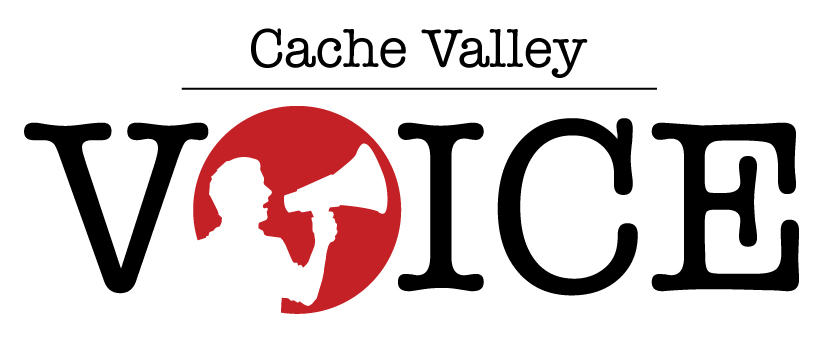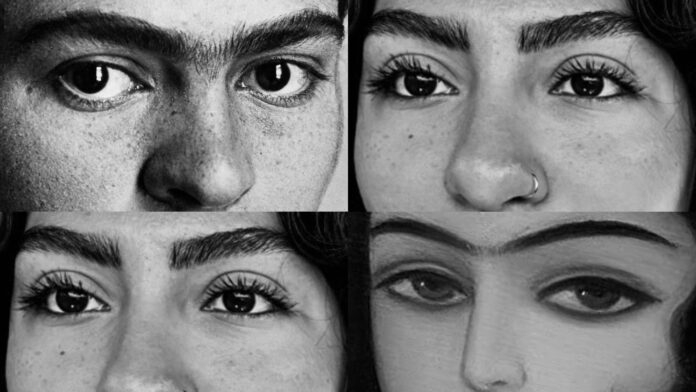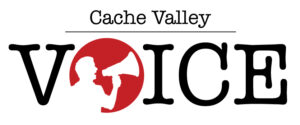About me
I’m 20 years old and live in a rapidly growing rural town in Utah. I love art, music, the outdoors, fashion, and learning new things. My parents are Mexican and Iranian—so I am mixed. For years, I’ve felt like my ethnicity is under attack. It often feels like I’m constantly defending the value of who I am. I’ve had to confront stereotypes that paint Mexicans as criminals or drug lords, and Iranians as terrorists. These ideas are simply not true.
Hateful rhetoric in the media has spilled over into real-life conversations and interactions. It hurts to feel like I must offer “proof” that the people I come from are good. So, I want to share my story—my testimony—about what these cultures truly mean to me.
My Iranian Heritage
Iran. The place that gives me my eyes, the eyes people often compliment as “endearingly beautiful.” I inherited them from my Iranian grandmother. My grandparents were born and raised in Tehran, the capital city, and they often speak of its beauty and charm.
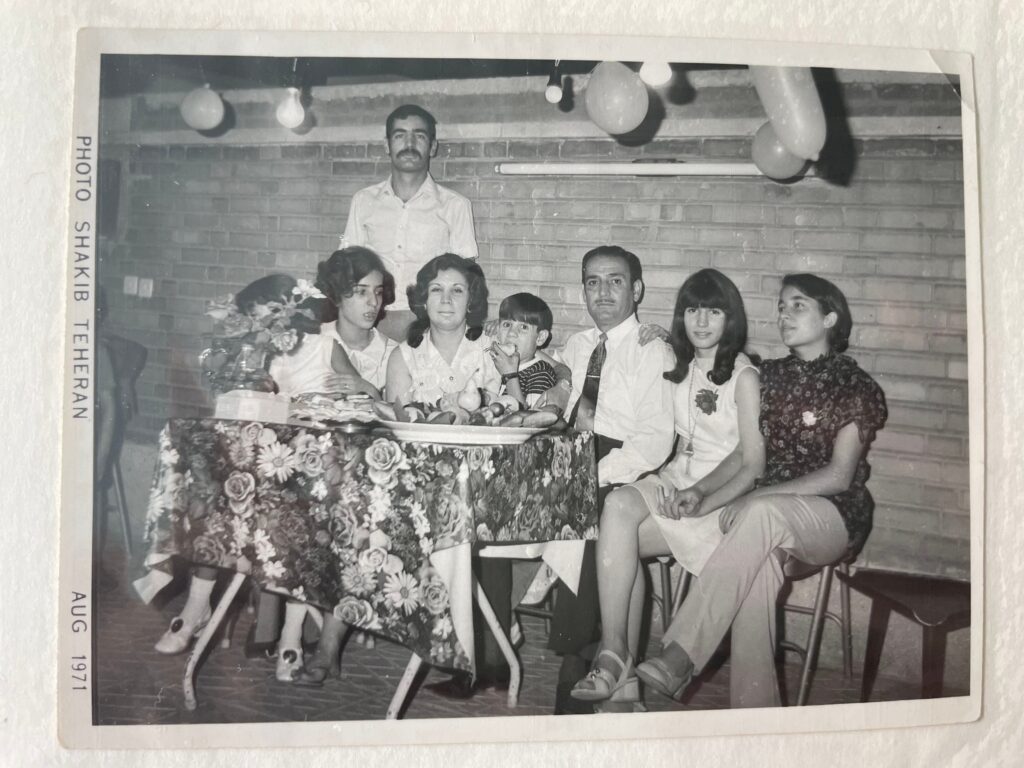
My grandfather shares stories full of humor and nostalgia. My grandmother speaks of art, food, music, and customs with a warmth that brings her homeland to life for me. Her house reflected this beauty—decorated with intricate rugs, rich artwork, and the comforting smell of sumac on dishes like tahdig (crispy rice) and koobideh kebab (grilled ground beef).
Going to their home always felt magical. I’d be welcomed with a hug, a kiss, pistachios, fresh fruit, and a cold drink. My favorite time of year was when someone we knew was returning from Iran. It meant gifts, treats, and pieces of home: especially the rose and pistachio candy that still makes my mouth water. Eating it as a child, nestled in my grandfather’s arms while he called me his “azizam,” felt like pure love.
As I grew older, I became more aware of my appearance. Surrounded by eurocentric beauty standards, I began to feel different—especially when I was bullied in elementary school for having a unibrow. I hadn’t thought twice about it until harsh words from classmates made me self-conscious.
But one day, my grandfather brought me a gift from Iran: a square ceramic tile. I was expecting candy, so I wasn’t thrilled at first. But as I unwrapped it, I saw a beautiful image of a girl who looked just like me—unibrow and all. I was stunned. I had never imagined a unibrow could be seen as art, as something beautiful.

That tile has hung in my grandparent’s house ever since. It reminds me that beauty isn’t defined by narrow standards. It’s found in the rich history, resilience, and artistry of my people.
Mexican Roots
Mexico. The place where my skin learned its color from the land and the light.
My mother is from Guanajuato, like the rest of her family. Though I’ve never been, I grew up captivated by this magical, mystical place she came from. I spent hours researching it, imagining what it must have felt like to be there.
Even from our little corner of the world, I was partially immersed in the culture—especially at my Abuelita’s house.
I used to think, “My mom’s side of the family is loud.” And many others said the same when they met other Mexican families. But they didn’t mean it the way I did.
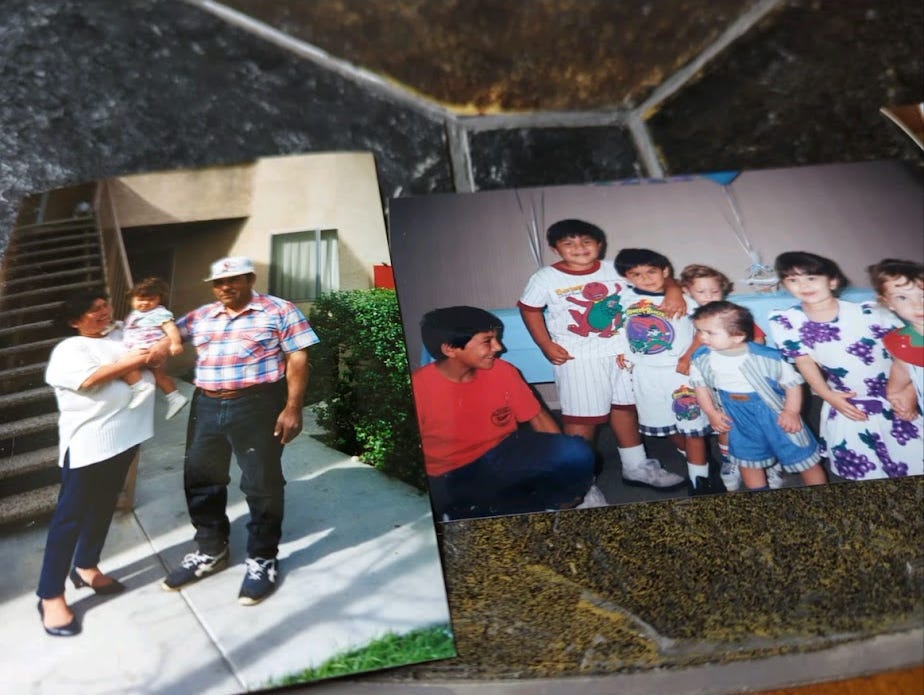
Yes, my family is loud in volume—but they are also loud with pride.
Loud with color in the art and decorations.
Loud with flavor in the foods we love.
Loud with music—mariachi, bachata, and the rhythms that filled our homes.
This inspired me so much that I picked up instruments like the trumpet, bass, and guitar. Pedro Infante was one of my abuelo’sfavorites, my mom always told me.
Going to my Ama’s house was always special. Like my other grandma, she made sure her home smelled of love—of food made with care. She’s never had much, and still lives within her means. Yet she welcomes everyone, always ready to feed and help others, no matter her situation.
My Abuela has always had fuerza—strength. Her home is full of family, friends, plants, music, food—and most importantly, laughter. She made me feel safe, made me feel like a reina, a princess.
That same fuerza lives in my mom. She’s passed it on to me and my sisters.
Strength in Identity
This strength isn’t optional. It’s survival.
The people I come from—the people I talk about—share this strength not just because we want to, but because we have to.
The hardships my family has faced are not uncommon. They echo the struggles of many immigrants and Americans who have been here for decades, yet still fight for their place.
From a young age, I was told to be proud of who I am. That I am a vessel of culture—rare and rich. But that pride has often felt fragile, tested constantly in a world that reminds me, again and again, that I am “other.”
Still, I hold on. I draw strength from my mom and her mother, my abuela, my dad and his mother, my grandma, and from generations before them.
My cultures are beautiful.
My people are beautiful.
No one should fear being torn from their family. No one should fear being bombed. No one should be hated because of propaganda or lies spread by someone who has never even stepped foot in our communities.
The prejudiced, harmful actions of those currently in power—particularly under Trump’s administration—make me feel deeply disappointed and angry. In such times, I hold onto something more powerful than any weapon in their arsenal: my mind.
Educating yourself is resistance.
It is strength.
Read books. Read articles. Study history—especially the parts we’re told to forget. Learn from our past so we can build a better future.
Talk to people. Ask them about their stories, their experiences. Listen. Share. Understand.
That is how we come together. That is how we make this country—our country—a better place: by opening our minds, and opening our hearts.
I believe that if you must choose between judging me and loving me, remember: one builds walls, the other opens doors.
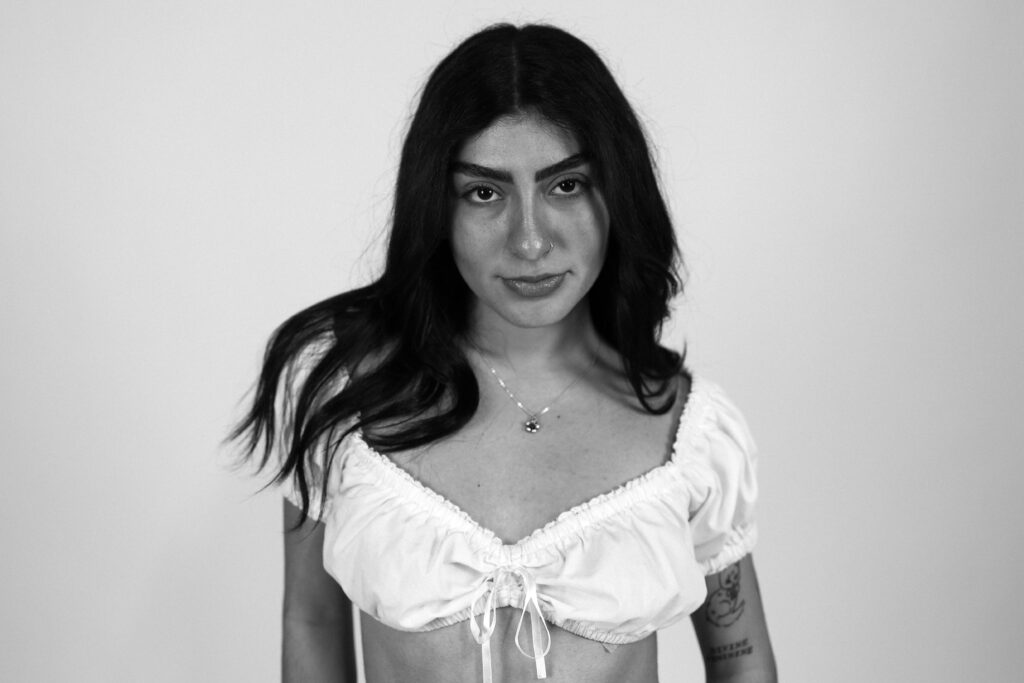
I was hesitant to share. Most of this came straight from my personal journal but right now it’s important to share thoughts and experiences like this to spread awareness.
With peace and love,
Mya
